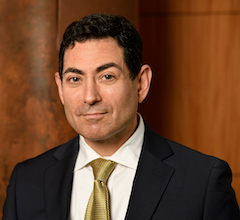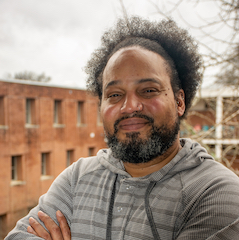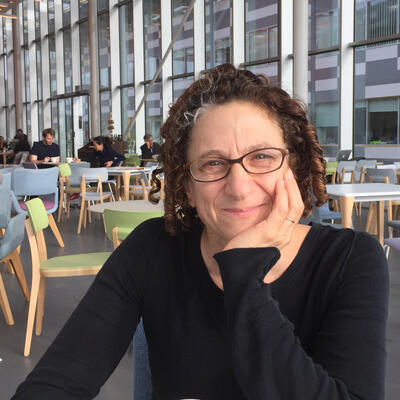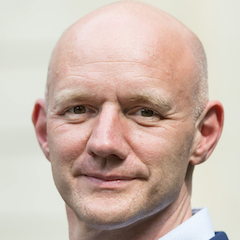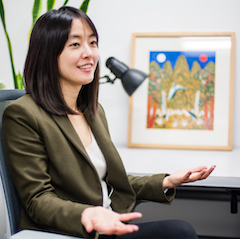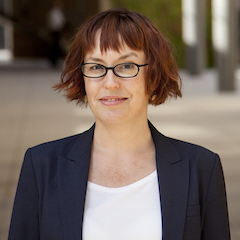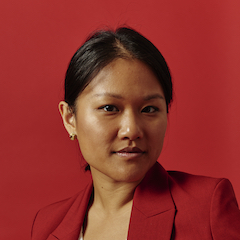Towards Value Based NLP
Video

The AI “arms race” has reached a point where different organizations in different countries are competing to build ever larger “language” models in text, in speech, in image and so on, trained from ever larger collections of databases. These pre-trained models have so far proven to be extremely powerful in enabling zero-shot and few-shot learning of new tasks. Meanwhile, with great power comes great responsibility. Our society in general, our users in particular, are demanding that AI technology be more responsible – more robust, fairer, more explainable, more trustworthy. Natural language processing technologies built on top of these large pre-trained language models are expected to align with these and other human “values” in deployment because they impact our lives directly.
The core challenge of “value-aligned” NLP (or AI in general) is twofold: 1) What are these values and who defines them? 2) How can NLP algorithms and models be made to align with these values?
In fact, different cultures and communities might have different approaches to ethical issues. Even when people from different cultures happen to agree on a set of common principles, they might disagree on the implementation of such principles. It is therefore necessary that we anticipate value definition to be dynamic and multidisciplinary. I propose that we should modularize the set of value definitions as external to the development of NLP algorithms, and that of large pretrained language models and encapsulate the language model to preserve its integrity. We also argue that value definition should not be left in the hands of NLP/AI researchers or engineers. At best, we can be involved at the stage of value definition but we engineers and developers should not be decision makers on what they should be. In addition, some values are now enshrined in legal requirements. This argues further that value definition should be disentangled from algorithm and model development.
This history of NLP applications has so far focused on clearly defined task completion objectives – in answering factoid questions with unambiguous answers; in summarizing articles with salient information, in machine translation faithful to the source; in classifying texts into distinct categories; in task-oriented dialog systems to fulfil user queries and commands; etc. I propose that it behooves us to develop NLP systems with the ability to explicit align with human values. In this talk, I will present initial experiments on value based NLP where we allow the input to an NLP system to have human defined values or ethical principles for different output results. I propose that many NLP tasks, from classification to generation, should ouptput results according to human defined principles for better performance and explainability. I will introduce (1) AiSocrates, a new task that answers ethical quandary questions according to different moral philosophy principles; (2) initial experiments on sexism classification with different sexism definitions; and (3) NeuS, a multi-document news summarization system that filters out framing bias in the source news stories in order to provide an additional neutral perspective on events and news to the reader.
Pascale Fung is a Professor at the Department of Electronic & Computer Engineering and Department of Computer Science & Engineering at The Hong Kong University of Science & Technology (HKUST), and a visiting professor at the Central Academy of Fine Arts in Beijing. She is an elected Fellow of the Association for the Advancement of Artificial Intelligence (AAAI) for her "significant contributions to the field of conversational AI and to the development of ethical AI principles and algorithms", an elected Fellow of the Association for Computational Linguistics (ACL) for her “significant contributions towards statistical NLP, comparable corpora, and building intelligent systems that can understand and empathize with humans”. She is a Fellow of the Institute of Electrical and Electronic Engineers (IEEE) for her “contributions to human-machine interactions” and an elected Fellow of the International Speech Communication Association for “fundamental contributions to the interdisciplinary area of spoken language human-machine interactions”. She is the Director of HKUST Centre for AI Research (CAiRE), an interdisciplinary research centre on top of all four schools at HKUST. She co-founded the Human Language Technology Center (HLTC). She is an affiliated faculty with the Robotics Institute and the Big Data Institute at HKUST. She is the founding chair of the Women Faculty Association at HKUST. She is an expert on the Global Future Council, a think tank for the World Economic Forum. She represents HKUST on Partnership on AI to Benefit People and Society. She is on the Board of Governors of the IEEE Signal Processing Society. She is a member of the IEEE Working Group to develop an IEEE standard - Recommended Practice for Organizational Governance of Artificial Intelligence. Her research team has won several best and outstanding paper awards at ACL, ACL and NeurIPS workshops.



